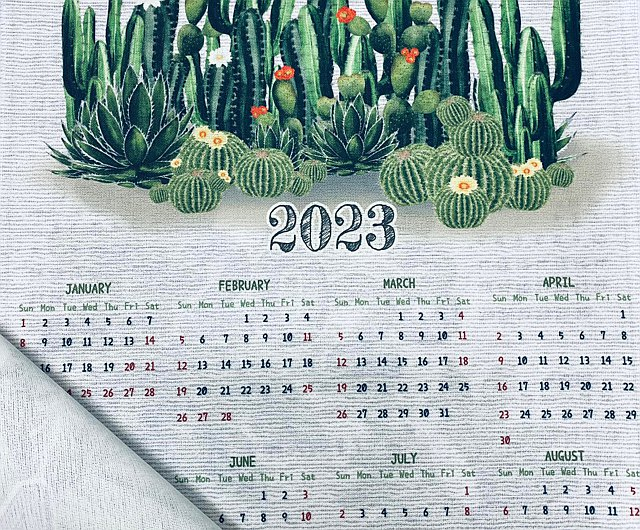The question of how many Mondays are in a year might seem straightforward at first glance, but it actually touches upon interesting aspects of our calendar system, the concept of time, and the quirks of yearly cycles. To determine the number of Mondays in a year, one must understand how these days are distributed across the weeks and months. In a typical year, 365 days mean there are 52 weeks and one extra day. Since 52 weeks will have exactly 52 Mondays, the determining factor for the number of Mondays in a year lies in what day of the week the year starts. If a year begins on a Monday, it will end up having 53 Mondays, as the extra day of the year also falls on a Monday. Similarly, if the year starts on a Sunday, the extra day of the year is a Monday, leading to 53 Mondays in that year. In all other cases, there will be 52 Mondays in the year.
A standard year in the Gregorian calendar, which is the calendar system most commonly used today, consists of 365 days, divided into 12 months. These days are further broken down into seven days a week – Sunday, Monday, Tuesday, Wednesday, Thursday, Friday, and Saturday.
In leap years, which occur every four years to account for the extra approximately 0.25 days it takes for the Earth to orbit the Sun, the year has 366 days. This means there are 52 weeks and two extra days. In a leap year, if the year starts on either Sunday or Monday, there will be 53 Mondays. Otherwise, there will be 52.
This pattern of weekdays can lead to interesting variances and patterns. For example, over a 28-year cycle, the Gregorian calendar weekdays repeat in the same order. This cycle is affected by the leap year pattern, which adds an extra day to the calendar every four years, except in years divisible by 100 but not by 400.
The number of specific weekdays in a year might not seem significant, but it has practical implications in various fields. For instance, in business, the number of workdays can impact productivity and scheduling. In finance, it can affect stock market trading days. For individuals, knowing how many Mondays or any other weekdays there are can be crucial for planning purposes, be it for work, education, or events.
Culturally, different days of the week hold various significances. Mondays, for instance, are often considered the start of the workweek in many cultures, symbolizing new beginnings but also often associated with the challenge of transitioning from the leisure of the weekend to the productivity of the workweek.
The number of Mondays in a year is more than just a trivial fact. It reflects the intricacies of our calendar system, a human-made construct to measure and organize time. It highlights how our method of timekeeping, while based on astronomical observations, is also shaped by cultural and practical considerations. The number of Mondays, or any day of the week, in a year, is a small but integral part of how we understand and interact with the passage of time in our daily lives.

